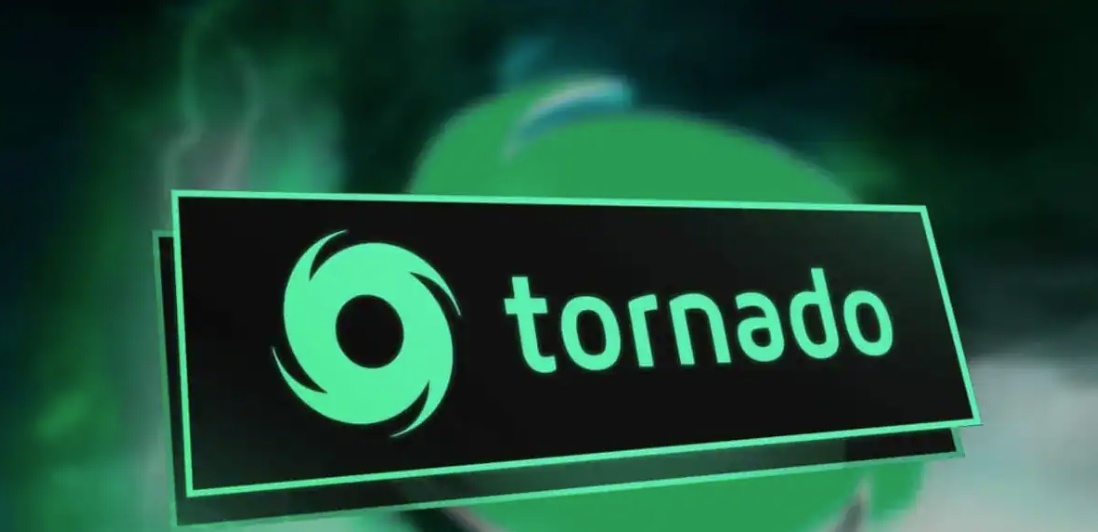Imagine a decentralized protocol that allows you to remix your cryptocurrency, making it harder to trace its origins. That’s Tornado Cash. It operates on open-source smart contracts, enabling users to protect their privacy when sending or receiving Ethereum. In 2022, however, the U.S. Department of Treasury sanctioned Tornado Cash, creating waves in the blockchain world. But recently, the Fifth Circuit Court of Appeals ruled that these sanctions were unlawful. Let’s break down why this matters for blockchain, privacy, and the future of decentralized technology.
What Is Tornado Cash and How Does It Work?
Tornado Cash is a decentralized protocol designed to enhance privacy for Ethereum users. Here’s how it works:
- Deposit to the Pool: Users send Ethereum to a pool of smart contract addresses.
- Remixing Transactions: Once in the pool, the Ethereum is mixed with other users’ deposits, obscuring its origins.
- Withdrawal: Users withdraw the same amount of Ethereum, but from a mixed pool, making it nearly impossible to trace the original sender.
Think of it as putting $1 into a pot with 100 other people. You’ll get a $1 bill back, but it won’t be the same one you put in. Tornado Cash uses smart contracts to automate this process, ensuring transparency and security.
The platform evolved further with the creation of a decentralized autonomous organization (DAO) and its governance token, TORN. Users could stake 300 TORN tokens to become part of the relayer network, facilitating transactions for a fee.
The Problem: Sanctions and the U.S. Government’s Overreach
In 2022, Tornado Cash faced accusations that it was used by bad actors, including the North Korean hacker group Lazarus, to launder over $1 billion in stolen funds. Using the International Emergency Economic Powers Act (IEEPA), the Office of Foreign Assets Control (OFAC) designated Tornado Cash as a sanctioned entity.
Here’s the catch: Tornado Cash isn’t a company or an individual. It’s a protocol run by immutable smart contracts. This means no one—not even the developers—can modify or own the contracts. By design, Tornado Cash is decentralized and autonomous.
OFAC’s move raised a critical question: Can the U.S. government sanction open-source code that isn’t owned by anyone?
The Court’s Ruling: Decentralization Changes the Game
In a landmark decision, the Fifth Circuit Court of Appeals reversed the sanctions, stating that the government’s actions were unlawful. Here’s why:
- Immutable Smart Contracts Are Not Property: Tornado Cash’s smart contracts are immutable, meaning they cannot be altered or owned. The court ruled that property must be owned to be sanctioned under the IEEPA. Since no one owns Tornado Cash’s code, it doesn’t qualify as property.
- Violation of Open-Source Principles: The ruling underscored the importance of open-source technology. Developers and users of decentralized protocols should not be held accountable for how the technology is used, especially when it’s designed to operate independently.
- Freedom of Code: The decision reaffirmed that code is speech, protected under the First Amendment. Sanctioning Tornado Cash’s code was seen as an overreach that could stifle innovation in the blockchain ecosystem.
Implications for Privacy and Decentralization
This ruling is a win for the broader blockchain and crypto communities. Here’s why it matters:
- Privacy Protections: Tornado Cash was built to offer privacy, not to facilitate crime. The court’s decision helps legitimize the use of privacy tools in crypto, which are often unfairly maligned.
- Decentralization as a Shield: Projects that embrace true decentralization—like immutable smart contracts and DAOs—may be better protected against regulatory overreach in the future.
- Encouraging Innovation: By safeguarding the rights of open-source developers, the ruling paves the way for more innovation in decentralized technologies.
The Financial Fallout
Following the court’s decision, the price of Tornado Cash’s governance token, TORN, skyrocketed. It jumped from $3.60 to $34 before stabilizing at $17. This surge reflects renewed confidence in the protocol and its legitimacy.
Lessons for the Future of Crypto
This case sets an important precedent for how governments interact with decentralized technologies. Here are three takeaways:
- True Decentralization Matters: Tornado Cash’s immutability and lack of ownership were key to its legal defense. Projects aiming for resilience against regulatory scrutiny should prioritize decentralization.
- Open-Source Freedom: The ruling reaffirms that developers should not fear punishment for creating tools that promote privacy and innovation.
- Evolving Legal Frameworks: As blockchain technology advances, governments will need to adapt their regulatory approaches to address the unique characteristics of decentralized protocols.
Conclusion
The Tornado Cash case is more than just a legal battle; it’s a pivotal moment for the future of blockchain and privacy. It challenges governments to rethink their approach to regulating decentralized technologies and underscores the importance of safeguarding privacy in a digital world.
As blockchain technology continues to evolve, we can expect more cases like this to shape the future of decentralized systems. What do you think about this decision? Let me know in the comments, and don’t forget to subscribe for more insights into the intersection of blockchain, privacy, and law.

13 responses to “Why the Sanctions Against Tornado Cash Were Ruled Unlawful”
discount androxal purchase tablets
buy cheap androxal generic drug india
get enclomiphene canada with no prescription
buy cheap enclomiphene cheap store
buy rifaximin online rifaximin
buy cheap rifaximin cheap with prescription
buy cheap xifaxan canadian online pharmacy
buying xifaxan cheap drugs
how to order staxyn new york city
how to order staxyn purchase toronto
discount avodart purchase online safely
get avodart cheap alternatives
medicament kamagra distribuer ses
sans ordonnance kamagra pharmacie achat bien
buy dutasteride generic version
how to order dutasteride purchase no prescription
get flexeril cyclobenzaprine uk in store
ordering flexeril cyclobenzaprine australia cheap
order gabapentin online mastercard accepted
How to buy gabapentin on line
buy fildena and pay by cod
online order fildena cheap info
cheap itraconazole cheap mastercard
cheap itraconazole generic form
obecné kamagra spojené státy
sleva při nákupu kamagra bez rx